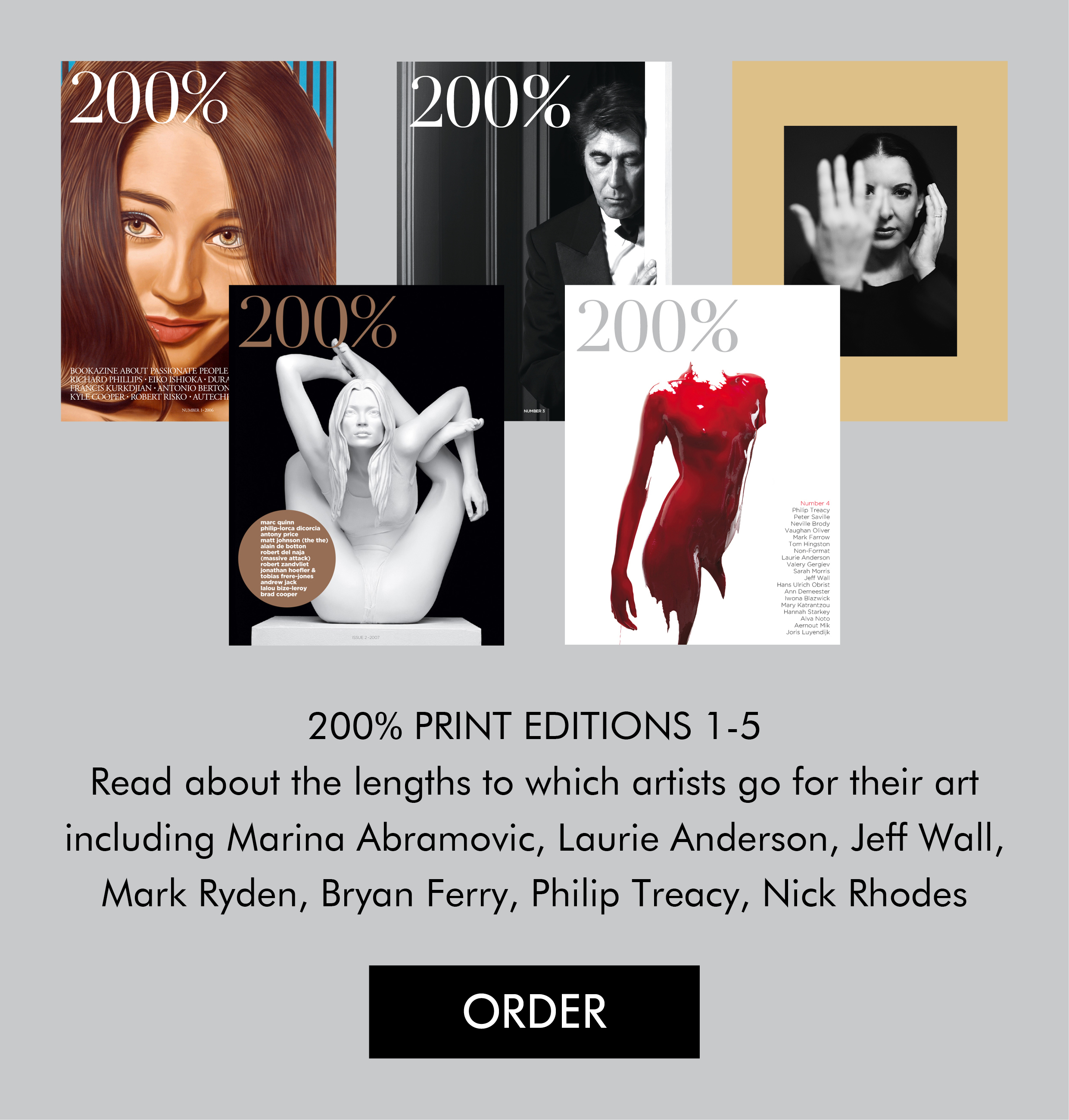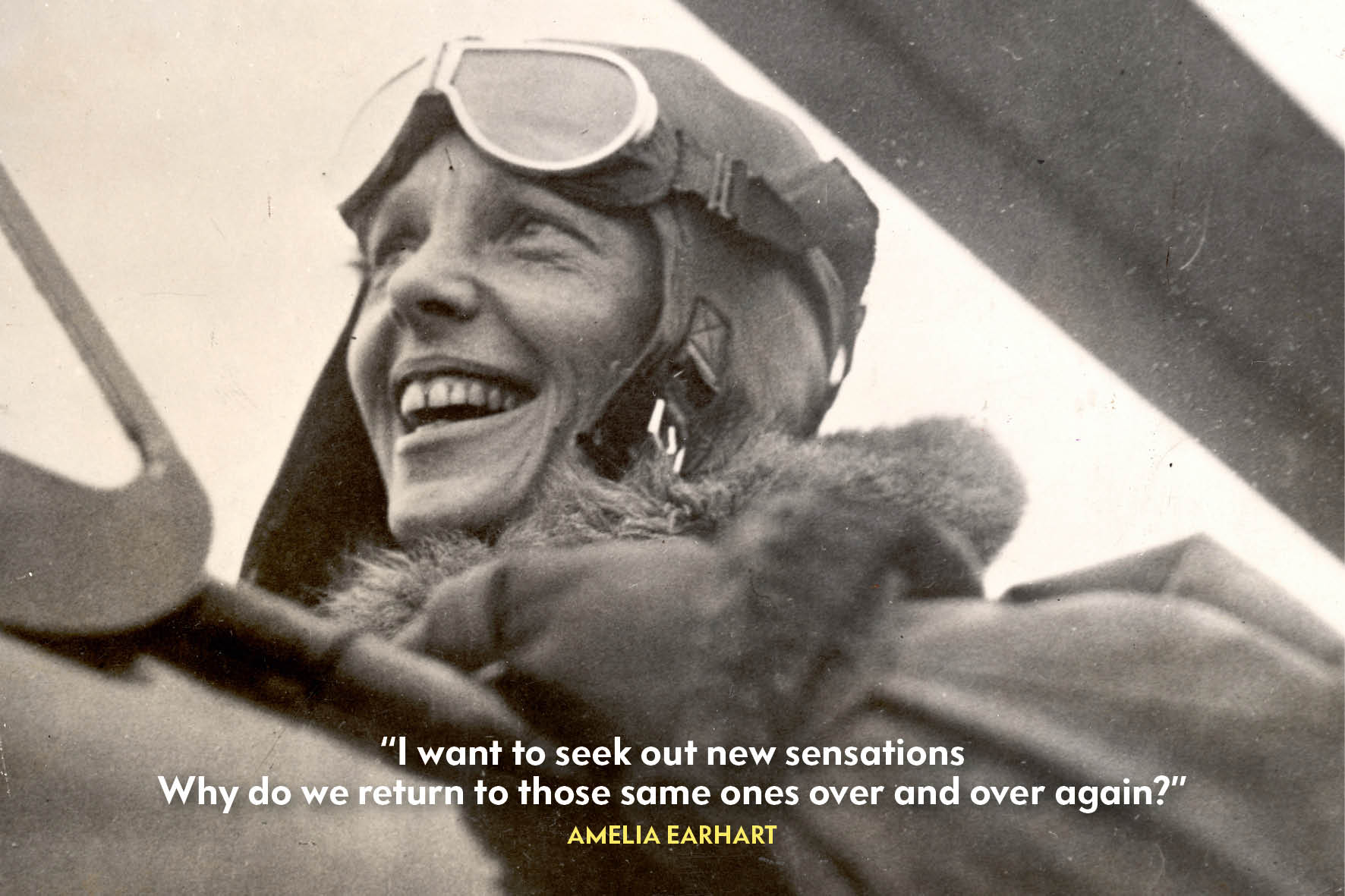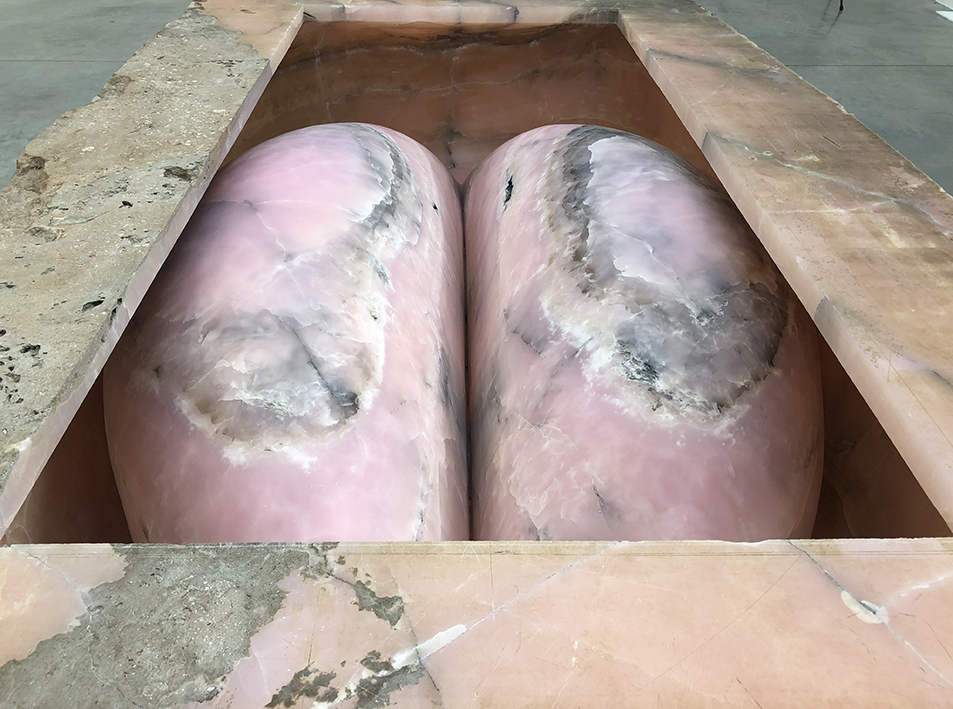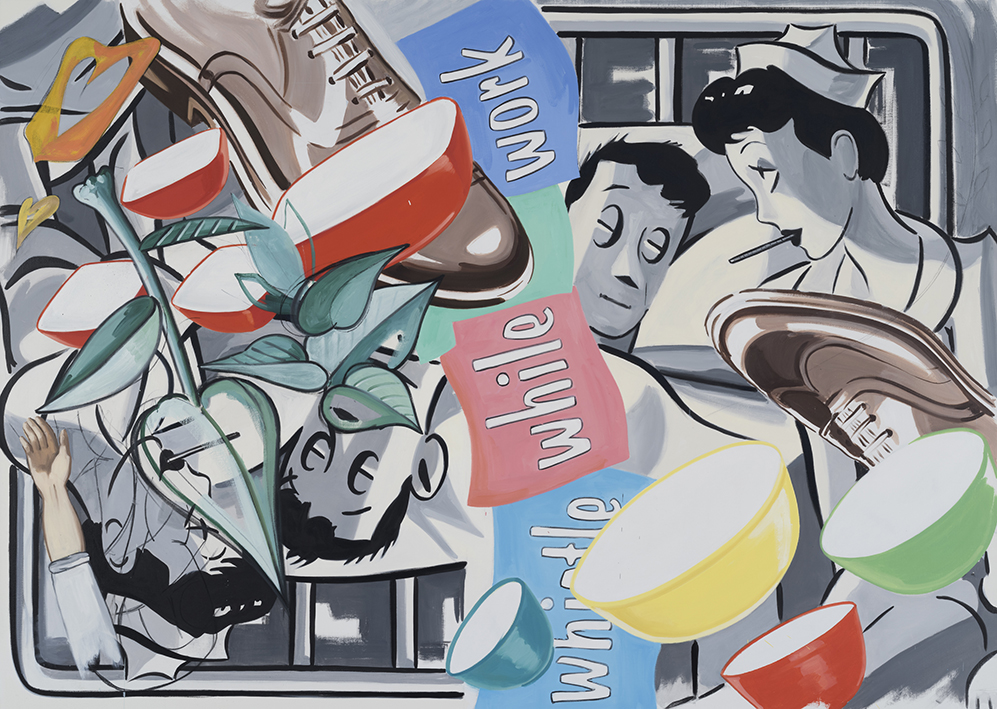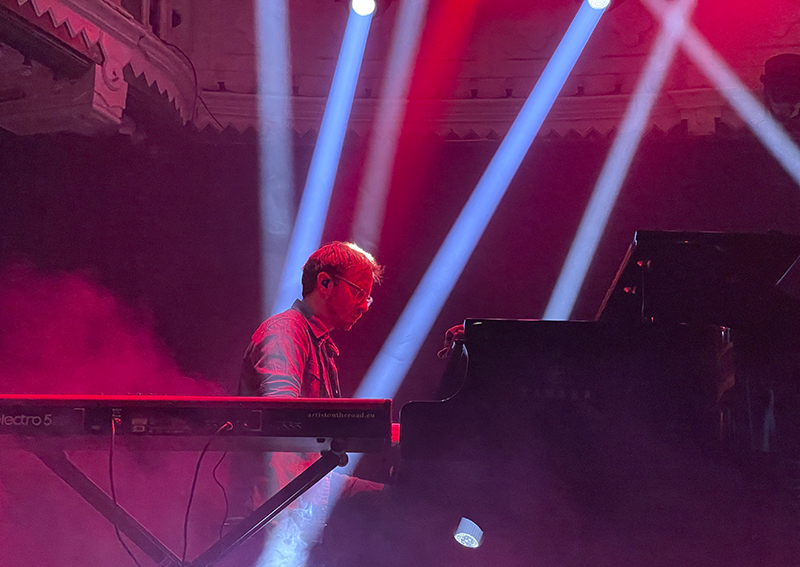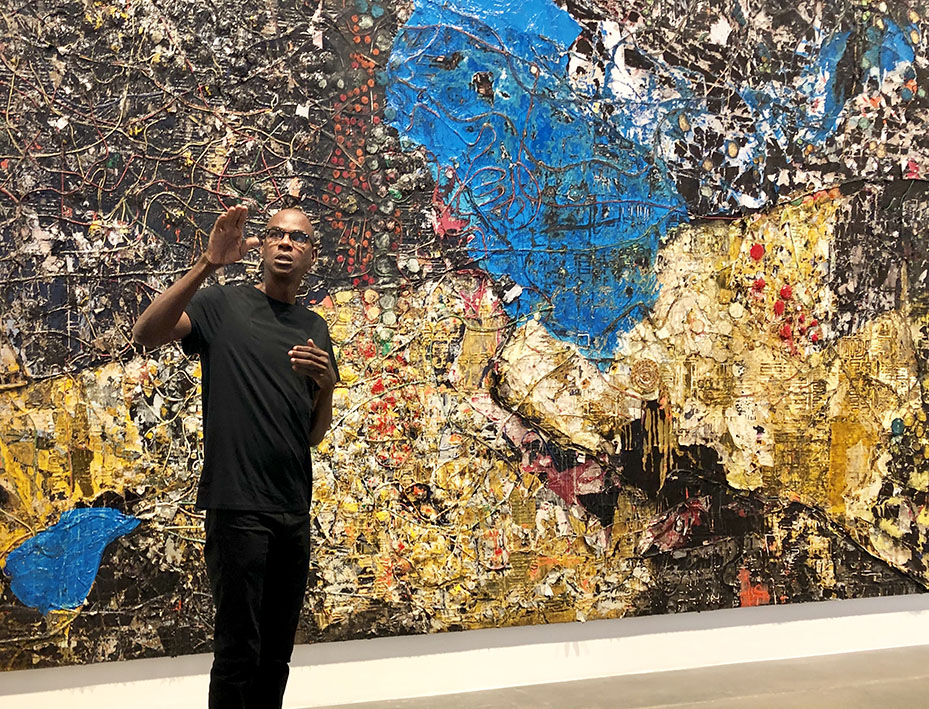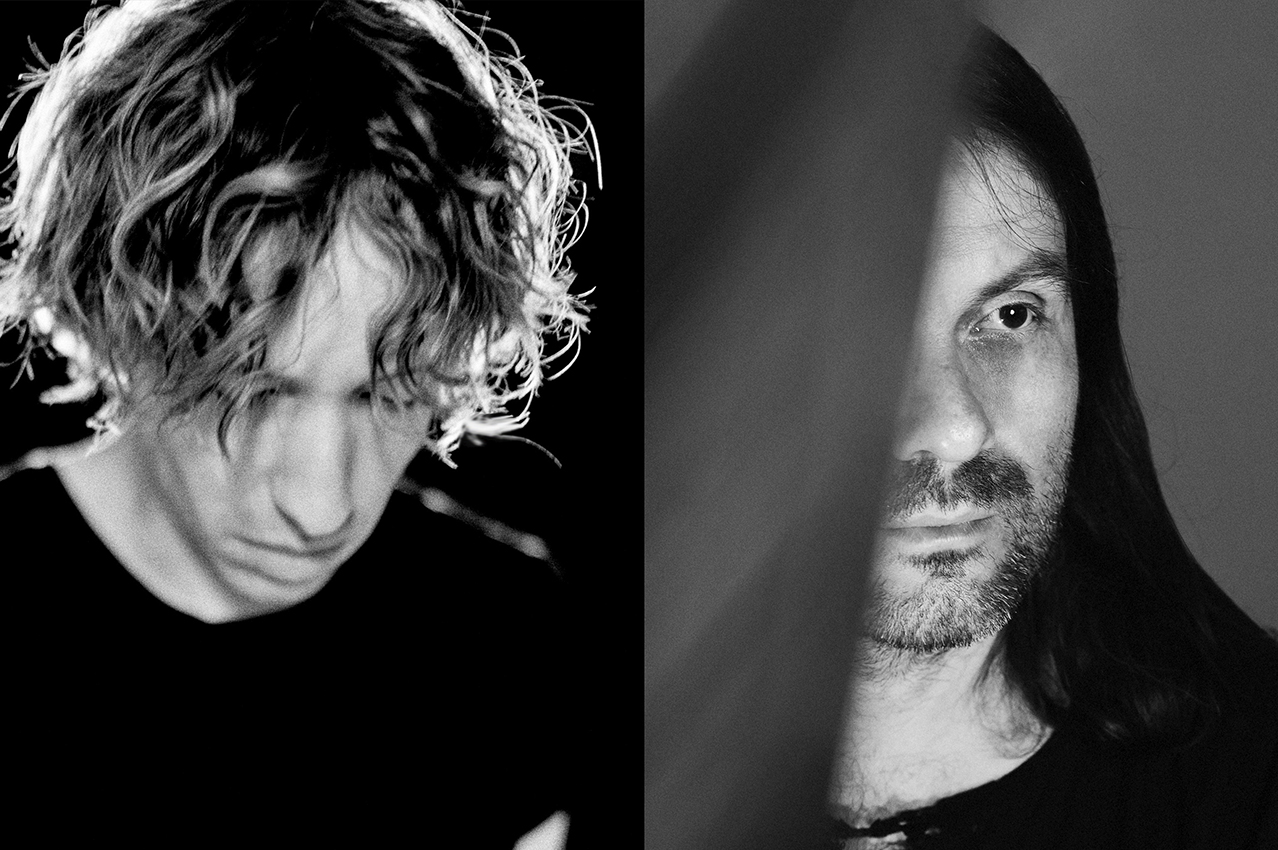 In this interview with the author of ‘Tales From The Two Puddings’, Eddie Johnson, we spoke with him as to whether being a publican provides the best ‘School of life’; if the selection of Stratford as the area for the London Olympics has brought about improvements for the area; why people fight in pubs; why he was not scared of the Kray twins who frequented his pub; and his view as to the root cause of the London riots in August 2011.
In this interview with the author of ‘Tales From The Two Puddings’, Eddie Johnson, we spoke with him as to whether being a publican provides the best ‘School of life’; if the selection of Stratford as the area for the London Olympics has brought about improvements for the area; why people fight in pubs; why he was not scared of the Kray twins who frequented his pub; and his view as to the root cause of the London riots in August 2011.
200%: In the book you write: “I saw and did more than most: I saw the best young groups (in the pub), I saw the prettiest and most fashionable girls (in the pub) and I heard all the latest opinions (in the pub)”. Do you think that being a publican is the best ‘School of life’ one can get?
EJ: Yes. The old style publican met a wide spectrum of types, dealt with all sorts of situations. If he was not up to recognising nuisances, con-men and if he couldn’t handle cellar floods, power cuts, burning hot summers and the ice machine failing, freezing cold winters and the warmth disappearing from the radiators, he is quickly found out and doesn’t last long. Nowadays, with the growth of managed houses and the number of establishments managed by people whose only qualification is that they have the money, probably a redundancy payment, with their [publican] qualifications probably being nil – although, now and again, someone manages to be a good publican – most of them lose their money and go bankrupt.
200%: Initially, you weren’t keen on the idea of running a pub. In hindsight was being a publican something you wouldn’t have missed for the world?
EJ: Managers never have the same interest in their customers. In Witherspoons, for instance, they are faceless people whom their customers rarely know. They have targets to reach and they do this by any means, the bottom line is profit for their group and shareholders. Lease holders (there’s not many tenants left) have the same motivation. Profit to pay the rent at any cost.
I would not say that. I wouldn’t have missed it for the world as I feel I missed out on so much else in life. I was very conscientious and so rarely left the premises, although money was no problem, I couldn’t get out of my self-imposed prison. Even on holiday the damned place would be on my mind!
200%: Before you became a publican you worked in the docks. When you worked there, you wrote that you were staggered at how many self-educated and literate men worked as stevedores, Dockers and tally clerks. Favourite authors were Karl Marx (‘Das Kapital’), Robert Tressell (‘The Rag Trousered Philanthropist’), Dante, Byron, Proust, Kafka and Joyce. Have you got an explanation as to why men in the docks were so literate?
EJ: This question would take a book to answer. I suppose it’s about the history and aims of the trade unions. In their early days when the working classes were trying to get paid a living wage the leaders amongst them were inspired by Karl Marx and Friedrich Engels, so they would go to libraries and read everything on which they could lay their hands on. The mines and docks were the two areas where men were employed en-masse. Thousands worked in the pits from all over England and Wales and Scotland, and thousands worked in the Docks in London, Liverpool, Hull and Glasgow. The government certainly wouldn’t give them any lessons so they turned to literature and sociology via the great public lending libraries. That tradition seems to have disappeared and the lower classes (they haven’t got much work) are now kept happy by cheap beer, the Lottery, Betting shops and reality programmes on TV. It’s sad but it will be ever thus. Every so often a revolution seems about to happen but the protagonists, students or workers seem to become seduced by the powers with money and all sorts of riches. Give me back the day when a rough looking man could spout [William] Congreve and the odd Greek philosopher with consummate ease.
200%: Which bands who worked under Kenny Johnson’s aegis, actually performed at The Two Puddings: The Animals, Screaming Lord Sutch, the Kinks, Manfred Mann, the Move, Little Eva, Them, Billy J. Kramer, Martha and the Vandellas, Jerry Lee Lewis, John Lee Hooker, the Drifters, Rod Stewart, Long John Baldry.
EJ: Lord Sutch, The Who, Clyde McPhatter of the Drifters, David Essex, The Kinks all performed in the Puddings. Rod Stewart was a regular, and the Small Faces played there. The other ones you mentioned played for Kenny in the Town Hall or the Lotus night club which he owned for forty years.
200%: The center of London’s Olympic Games is Stratford. Do you think choosing this area of the city has done the area any good?
EJ: The Olympics in the long term will see the area become like Canary Wharf. I don’t know any dockers or stevedores that live in the Canary Wharf complex, only fairly well-to-do people. I believe the same applies for Stratford; many small businesses have had to close as they can no longer afford the rents. The new flats that are being converted will be unaffordable for the ordinary people of Stratford, many of whom are unemployed anyway. In years to come they will be pushed further and further into the margins. It is good for some who are rich and bad for the many that are poor.
 200%: In the book you write about the violent episodes of the pub. Why do people fight in pubs?
200%: In the book you write about the violent episodes of the pub. Why do people fight in pubs?
EJ: It’s a mixture. Most under-educated males are very macho. If they are manual workers in the docks, on a building site, or roofers and tilers, they are generally very strong physically, add to this mix alcohol, loud music, girls and immaturity, then something is bound to explode sometimes. In the 1960s or 1970s it was rare for an office worker or a bank clerk to become involved in fights as they were under muscled, sedentary and normally better educated. In the 1990s this changed. There was a new type of nuisance; the suited ‘City boys’ fuelled by, not only booze, but drugs. These ‘free-spenders’ were mainly of working class parents and who were good at figures, they had money to burn and violence broke out at the unlikeliest of venues, race tracks, cricket grounds and posh dinners at high class venues.
Football violence is something different; it is very tribal, based on misplaced pride in an area or club, which is also shamelessly fuelled by lager. Shamelessly because authorities, until recently, allowed beer to be sold everywhere… greed has a lot to answer for in so many ways. Maybe it’s the deadliest sin. I know its gluttony, before you correct me.
200%: The Kray twins were greatly feared in the East End. You had several encounters with them. Once they asked you to become their ‘partner’ and another time one of their ‘handlers’ came in the Puddings and asked you about ‘protection’. Still you had a friendly relationship with them. Were you not scared of them?
EJ: Lots of people were frightened of the Kray twins and with good cause; they could be vicious if they turned on anyone but they could also be quite human and if people in their company were ordinary and well behaved they had nothing to fear. I was never bothered about them, maybe because I had known them for some time but also because a lot of their inner ‘firm’ were very good friends of mine.
200%: In your book you qualified the performance of Martin and Gary Kemp as Reggie and Ronnie Kray in the film ‘The Krays’ as ‘ridiculous’. What is it that you didn’t like about the Kemp brothers’ performance?
EJ: I thought the Kemp brothers were ridiculous because they were different builds, had ordinary looks and didn’t look as though they could frighten a baby in a pram. Ronnie in particular was heavy set and scowling and did exude a certain menace that the chaps from Spandau Ballet never had. The whole film was a travesty.
200%: Do you think the atmosphere of the film depicted the times of East End London in the 1960s?
EJ: Whilst there were machine guns bandied about in the film, I don’t think the Kray twins ever had access to a machine gun or tommy gun in their lives. The atmosphere [in the film] was oppressive, they never smiled or laughed, this might have been true of Ronnie in his later years but wasn’t true of the others. They [actors] all lacked humanity, even in playing Mrs Kray, whereas in real life she was a very nice ordinary housewife type with whom I once had a cup of tea – she had the same mother’s worries that most mums have / had.
 200%: The London pub has changed tremendously over the years and is now a place where people gather to watch football on Sky. Do you have any favourite local hang out pubs these days?
200%: The London pub has changed tremendously over the years and is now a place where people gather to watch football on Sky. Do you have any favourite local hang out pubs these days?
EJ: My favourite pub now is in an old village square in the heart of Suffolk, no music, just a pleasant position with good beer and wine and good food and nice staff.
200%: As you have been living in East Londoner for the most part of your life could you tell me what is your vision on the root that caused the London riots last year?
EJ: This is the question on which I would like to spend more time on. I believe if I’d been young and living in that part of London I would have been thrilled to join in a riot where I could pinch things off the rich (I realise that small shopkeepers are not necessarily wealthy) and throw stones at the hated police. Most young people living in those areas, with very few exceptions, hate the police. Middle class voices raised against these rioters haven’t the wit or imagination to know how deprived financially and mentally these people are. Answer: better education and more jobs.
200%: Do I understand you correctly that you can understand why the people went looting and you don’t condemn it? Is this an opinion shared by Guardian readers as opposed to Telegraph readers?
EJ: I believe most radicals, Guardian readers, if you like, would have some sympathy with the rioters but I don’t suppose many would have liked to join in whereas my younger self would have joined in joyously. The knowledge I have acquired over the years of how the ruling classes exploit the rest of us would be enough to still any pangs of guilt. The only thing I hated is any violence to ordinary people, that is what I find inexcusable.
200%: What you think is socially going on in the UK?
EJ: There has been a profound change in these islands. There is always change of course, new inventions, new concepts, threats from the East, threats from Russia. What has happened to this country and made it go backwards came from the deregulation imposed by Mrs Thatcher, for instance, the mines. Where did they all those people go that worked in mines? Not everyone could deal with soul destroying work in a supermarket or warehouse. In a situation where the poor have hardly any money, gambling thrives, sale of cheap booze thrives and there’s a new kid on the block: cheap drugs that help cloud the memory. The rich are becoming richer and the poor are becoming poorer, not only money-wise poor but brain-wise more poor. They are assailed by bookies not on the corner but three or four in any high street. As long as you keep the masses happy with gambling and booze that will still any revolutionary aspirations they could ever have.
Britain’s great working class, pioneers in so many ways of trying to obtain a better life for everyone, has evolved into the great underclass for whom no one seems to have a label. Thus, we go from bad to worse, to much worse. There is no one, it seems, that is capable of binding these classes together. The press and the BBC are, whilst playing lip-service to the concept of freedom, in fact propagandists for the government. Sometimes there seems to be hope, for example when the young people banded together against capitalism [The Occupy Movement] but little continuing hope as these people become older they are either bought off or lose interest. Let’s hope some new incorruptible saviour (not the religious type) or some radical movement has enough strength and followers to overcome, somehow, these gun runners and oil dealers who run our world.
Interview conducted by Thierry Somers. Pictures: The boys ‘upstairs’ did a better job of protecting the nightclub than the police could. Photograph by Alf Shead; The Two Puddings music nights attracted customers from all over Britain. Photograph by Alf Shead; Eddie Johnson worked in the docks in the 1950s. Photograph by Shirley Johnson.
‘Tales From The Two Puddings’ by Eddie Johnson. www.51statepress.com

